
“Love knows no special boundaries”
Moira Anderson
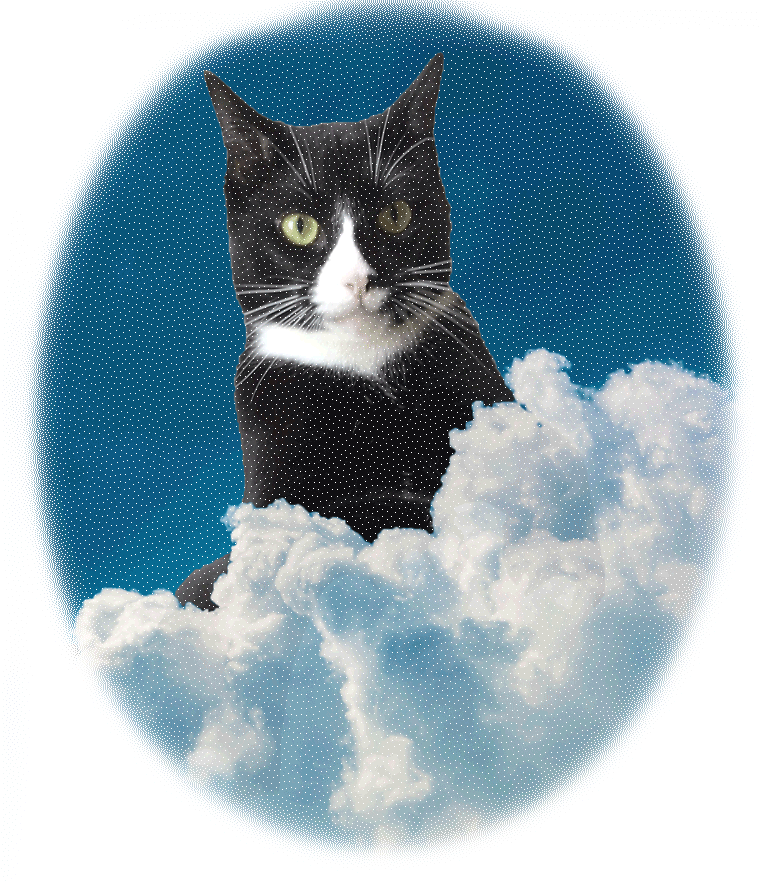
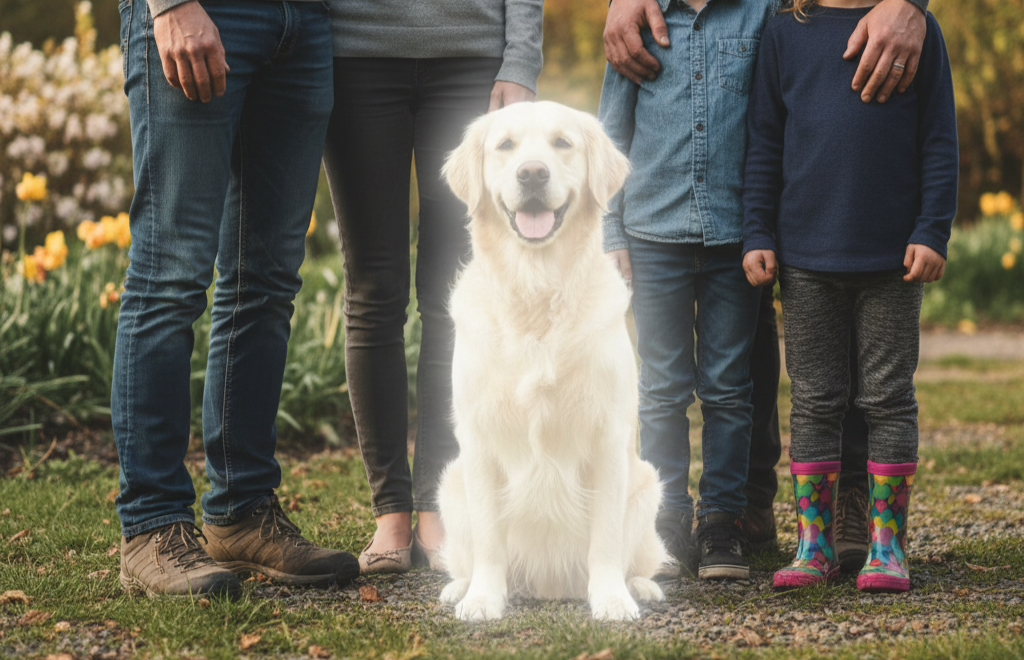
Grief is the natural, multi-faceted response to loss. It is not merely an emotion, but a profound and highly personal process that affects us emotionally, physically, cognitively, and socially. When we lose a beloved pet—a cherished family member and a constant source of unconditional love—the bond is severed, and we must adapt to a world without their presence.
This response is complex, non-linear, and deeply personal. There is no “right” way to grieve, and the intensity and duration of your sorrow are a testament to the depth of your love.
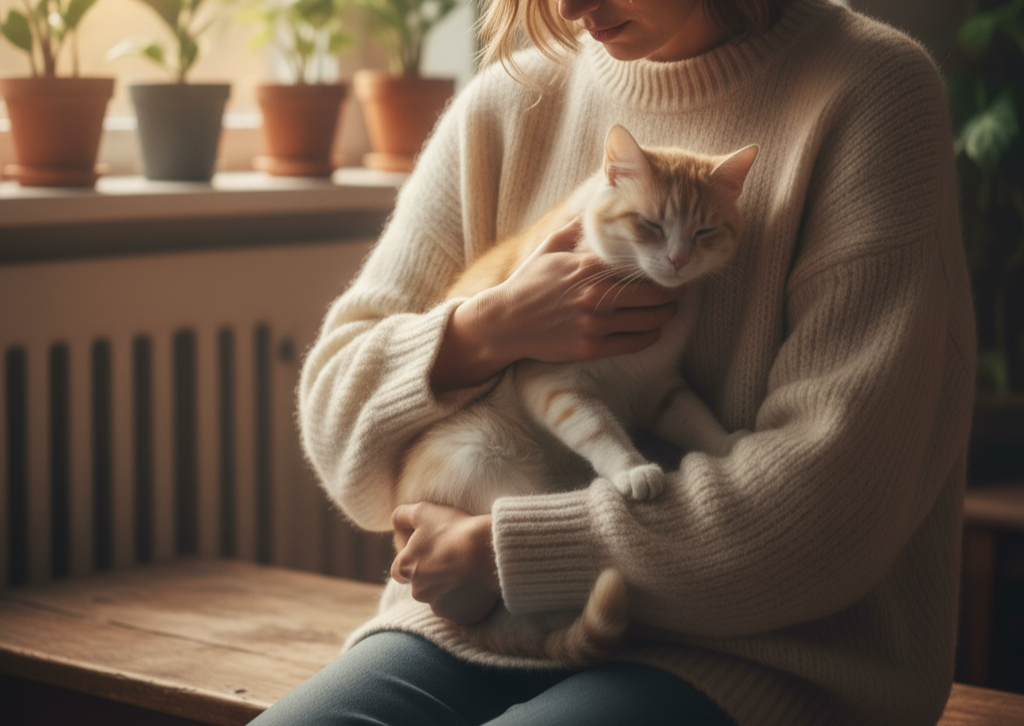
Prominent psychotherapist Julia Samuel frames grief not just as a reaction to an ending, but as a journey that requires active engagement. She emphasizes that while the pain of loss is inevitable, we can cultivate “Pillars of Strength” to support ourselves through the process.
This perspective highlights that healing involves doing the work of adapting to a new reality. It moves beyond the idea of passively waiting for time to heal and focuses on practical steps, such as:
Being open to the reality of the loss.
Managing the difficult emotions like guilt, anger, and intense sadness.
Creating a new life while finding ways to remember and commemorate your pet.
Grief can manifest in numerous ways, affecting your mind, body, and behaviour. It is essential to recognise that all reactions are valid and part of the normal grieving process.
| Symptom Category | Examples |
|---|---|
| Emotional | Profound sadness, sorrow, intense longing or pining for your pet, irrational guilt (e.g., about the circumstances of death or 'if only' scenarios), anger, anxiety, and feelings of numbness or detachment. |
| Physical | Persistent fatigue or exhaustion, changes in sleep patterns (insomnia or oversleeping), significant changes in appetite, physical aches and pains, a feeling of tightness in the chest or throat, and low energy. |
| Cognitive | Difficulty concentrating, mental fog, forgetfulness, preoccupation with thoughts of the pet, constantly replaying memories or the circumstances of the death. |
| Behavioral | Social withdrawal and isolation, crying spells, irritability, and automatically continuing old routines (e.g., preparing a meal or opening a door for the pet). |
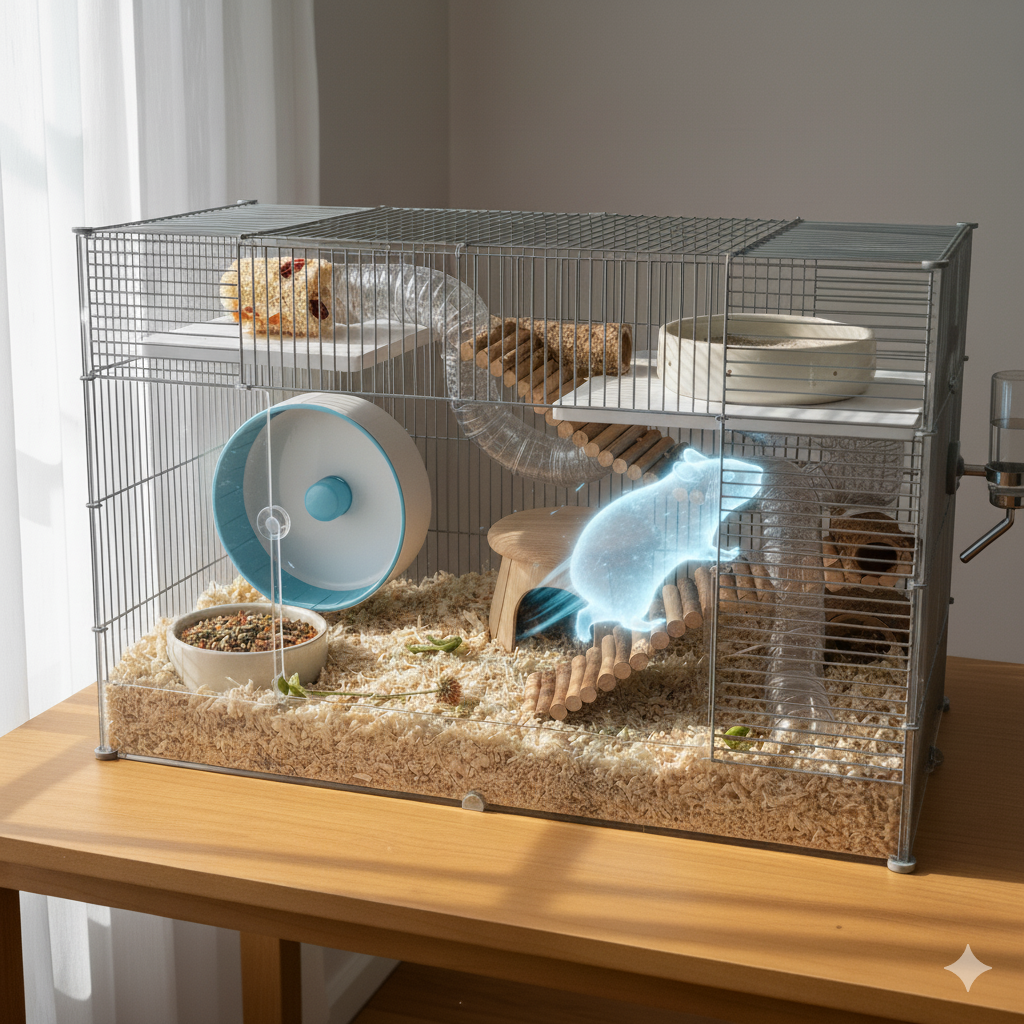
It is common for pet owners to feel isolated, as our society often minimizes the significance of animal loss (a concept known as “disenfranchised grief”). Please know that your sorrow is real, valid, and worthy of support.

In grief counselling, the goal is not to “get over” the loss, but to integrate it into your life story. Dr. Robert Neimeyer, a leading figure in contemporary grief theory, emphasizes the importance of meaning-making in the healing process.
Dr. Neimeyer suggests that the core task of mourning is to reconstruct a sense of meaning that has been profoundly shaken by the death. When a pet dies, our daily routines, our sense of identity (as a pet owner), and our future expectations are all shattered.
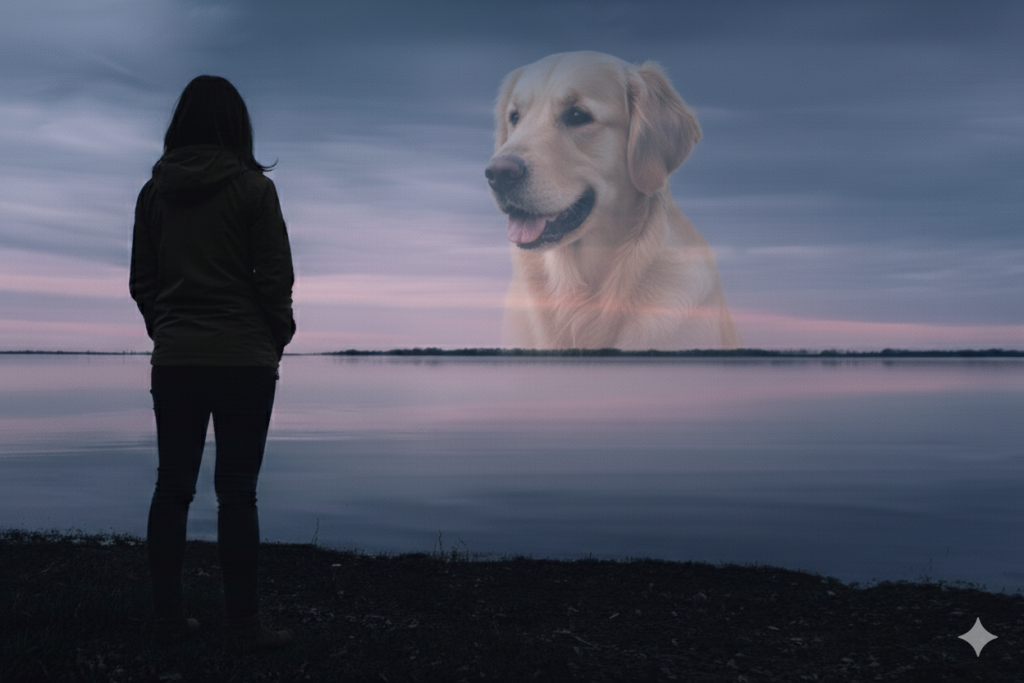
Through a therapeutic process, we help you to:
Preserve the Legacy: Find ways to keep the memory and the bond with your pet alive through rituals, physical keepsakes, or community involvement.
Make Sense of the Story: Gently integrate the loss into your life narrative, moving past the trauma of the death itself to focus on the richness of the life you shared.
Find a New Equilibrium: Adapt to your revised identity as a person who had that cherished pet, allowing you to establish a new, purposeful life while carrying the enduring love forward.

Many people treat their pets as
their close companion.
We can help you with your grief.
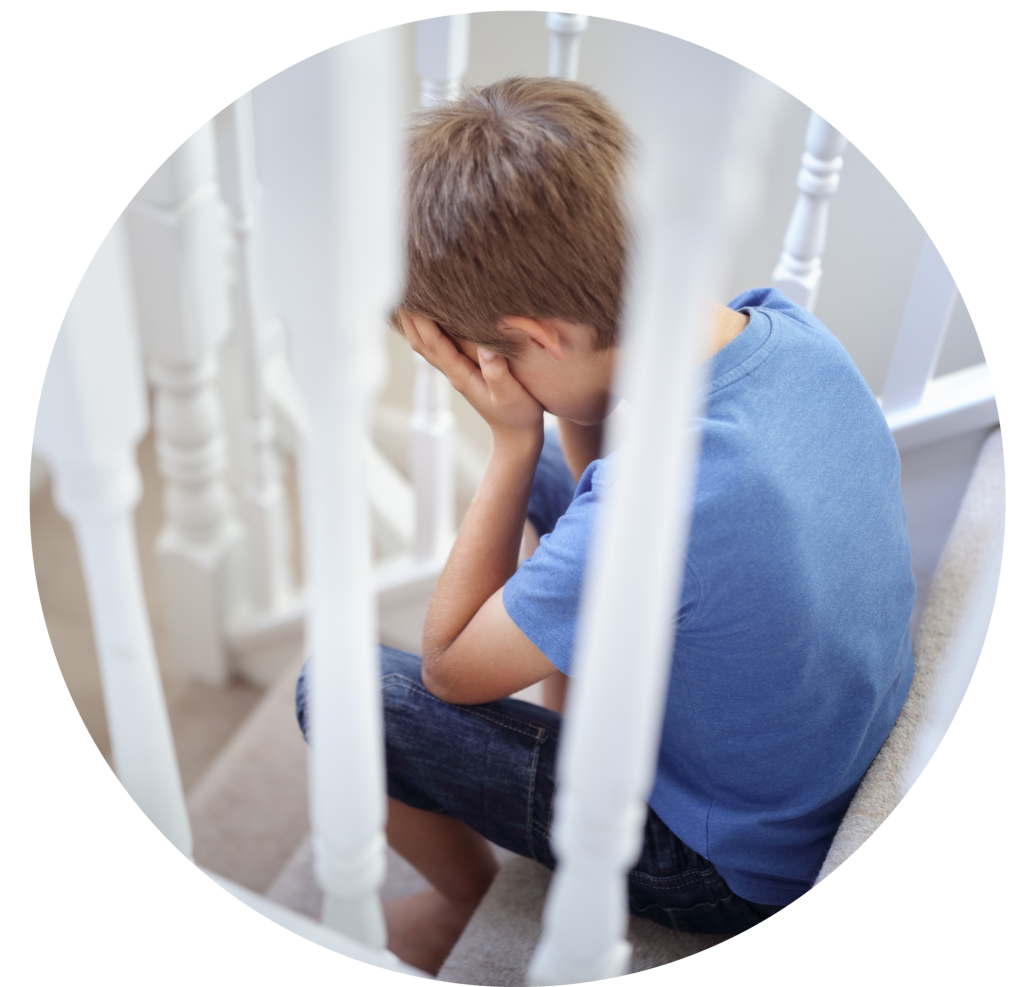
Pets can be especially important
to children. Children naturally
develop strong attachments to their pets.

A pet can help prevent feelings of
isolation or loneliness. The elderly may depend on
a pet to meet their physical and emotional needs

We provide pet grief counselling Singapore for those who have or are experiencing the great loss of a beloved pet. We live in a society where there is a stigma attached to grieving for an animal. When people lose a pet they often hide the true extent of their grief for fear of being ridiculed. You may have no one to talk to who understands the depth of your loss and feel alone. Their innocence, devotion and unconditional love inspire us to open our hearts in ways that make us feel peaceful and fulfilled. We provide a safe and supportive environment to help the bereaved understand and reconcile the loss.


Our Location:
86 Marine Parade Central
#04-301
Singapore 44086
(Nearest MRT: Marine Parade)